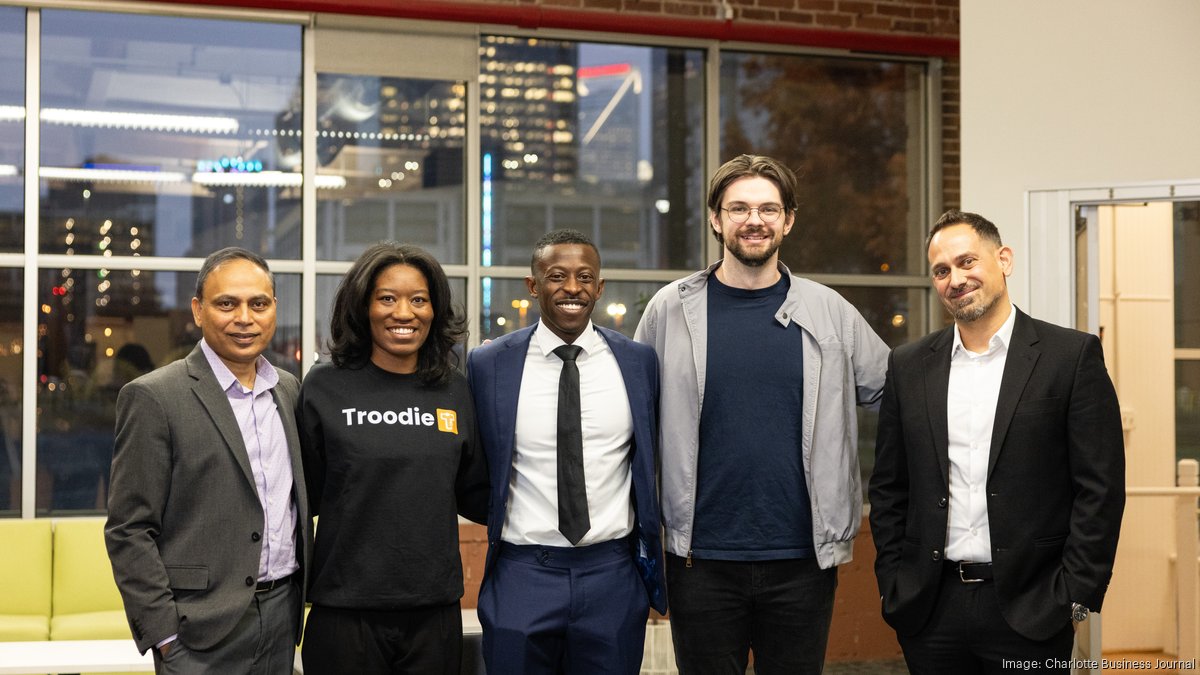Summary:
Steve Jobs believed creativity thrives by breaking conventional rules, not following them
Diverse experiences fuel innovation more than sticking to one’s expertise
Mistakes are stepping stones to success, according to Jobs and psychologist Carol Dweck
Launching before perfection can lead to incremental improvements and success
Ignoring popular opinion allows for groundbreaking, visionary innovations
Blurring work-life boundaries can deepen personal connection and creativity in work
Throughout his legendary career, Steve Jobs wasn’t just known for his extraordinary success; he was also renowned for his unconventional approach. Jobs famously believed creativity wasn’t about following rules—it was about boldly breaking them.
Inspired by Jobs, we’ve dug deeper into what exactly makes certain people stand out creatively. The answer, intriguingly, often involves challenging conventional wisdom.
Here are five common rules the most creative minds regularly ignore, according to Steve Jobs himself.
1. Stick to your expertise
Have you ever felt hesitant to venture outside your comfort zone because it didn’t align with your expertise? Jobs rejected this common advice emphatically. He famously dropped out of college yet audited a calligraphy class—a decision initially disconnected from his career goals. However, years later, the aesthetic insights gained in that class profoundly influenced Apple’s elegant typography.
Creativity thrives at the intersection of diverse fields. Research backs this up, finding that individuals who expose themselves to varied experiences are far more likely to develop innovative solutions than those who narrowly stick to one field. So, perhaps stepping outside our expertise isn’t just permissible—it’s essential.
2. Avoid making mistakes
“Sometimes when you innovate, you make mistakes,” Jobs once said. “It is best to admit them quickly and get on with improving your other innovations.”
This runs counter to conventional wisdom, which often stigmatizes mistakes as signs of incompetence. But Jobs viewed errors as critical stepping stones. Apple’s notorious failures, like the Lisa computer, directly paved the way for later triumphs, including the Mac and iPhone.
Psychologist Carol Dweck’s studies also support Jobs’ outlook, showing people who view mistakes as opportunities to learn—those with a “growth mindset”—are significantly more innovative and resilient than their counterparts who avoid mistakes at all costs.
3. Wait until you’re fully prepared
If you’re waiting for the perfect moment to start that project or launch your dream business, you might be following a rule that Jobs routinely broke. Jobs embraced the power of starting imperfectly. When Apple released the first iPhone, it had notable shortcomings—it couldn’t even record video. Yet, Jobs didn’t wait until every feature was perfect. Instead, he shipped, learned, and improved incrementally.
Early in my writing career, I was hesitant to submit my first op-ed because it wasn’t “perfect.” A mentor advised me to publish anyway, highlighting how perfectionism often stalls progress. That initial leap, imperfections included, set the stage for everything that followed.
4. Listen to popular opinion
Jobs famously dismissed the notion that products should be built purely based on customer feedback or popular trends. He asserted, “People don’t know what they want until you show it to them.”
Creativity often involves envisioning possibilities others can’t yet see. If Henry Ford had listened strictly to public opinion, he famously quipped, he would have created “faster horses,” not cars. Jobs, too, disrupted entire industries precisely by ignoring popular trends and conventional market wisdom, relying instead on his intuitive sense of innovation.
Groundbreaking ideas rarely emerge from focus groups or surveys. Truly visionary innovations often require going against popular consensus.
5. Maintain a clear work-life boundary
We’ve all heard the advice: separate work from personal life to maintain balance. Yet, Jobs famously blurred this boundary, seeing his work not just as a career but as an essential part of his life’s passion and purpose. He believed that true creativity and innovation come from a deep personal connection with one’s work, where the lines between professional ambition and personal fulfillment naturally merge.
While I’m not advocating for relentless hustle culture, there’s an important takeaway here: creativity flourishes when we deeply care about our work, enough to let it occupy more than just a nine-to-five space in our lives. For Jobs, innovation was profoundly personal.
Breaking rules can be uncomfortable—it involves risk, vulnerability, and the potential for criticism. But as Steve Jobs showed through his extraordinary life, stepping away from conventional wisdom can unlock extraordinary creativity and innovation.
By daring to explore beyond our expertise, embracing mistakes, launching before perfection, trusting intuition over popular opinion, and integrating our work deeply with our passions, we open ourselves to profound creative possibilities. Perhaps Jobs’ greatest lesson is this: rules aren’t limits; they’re invitations to push beyond the expected. And when we do, that’s when we truly innovate.








Comments